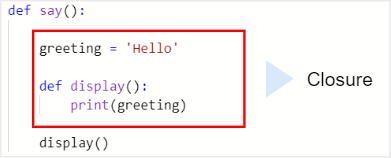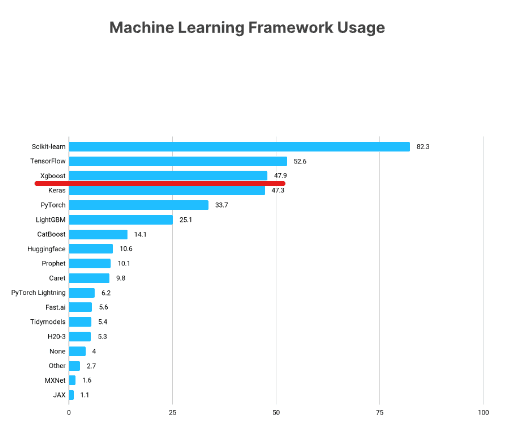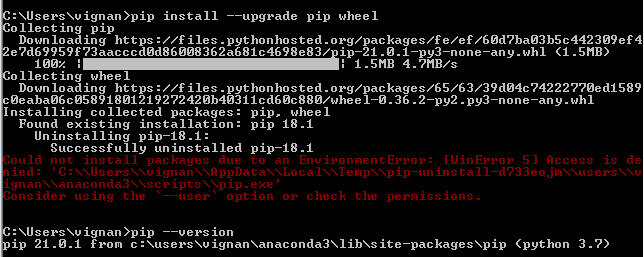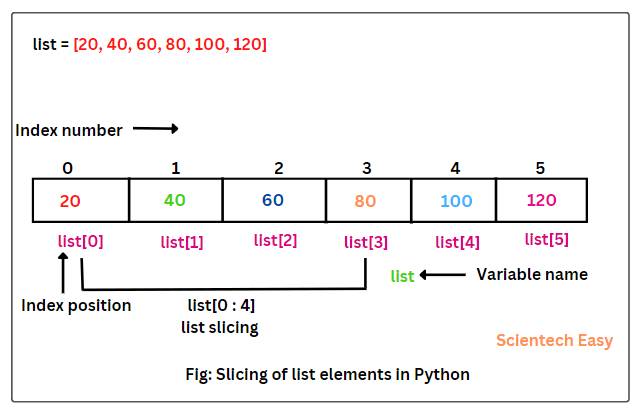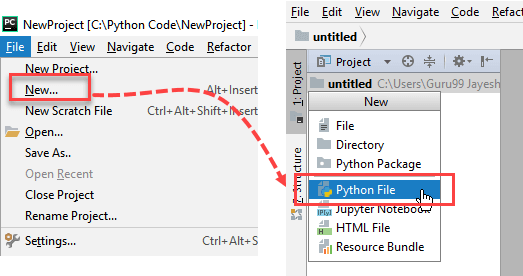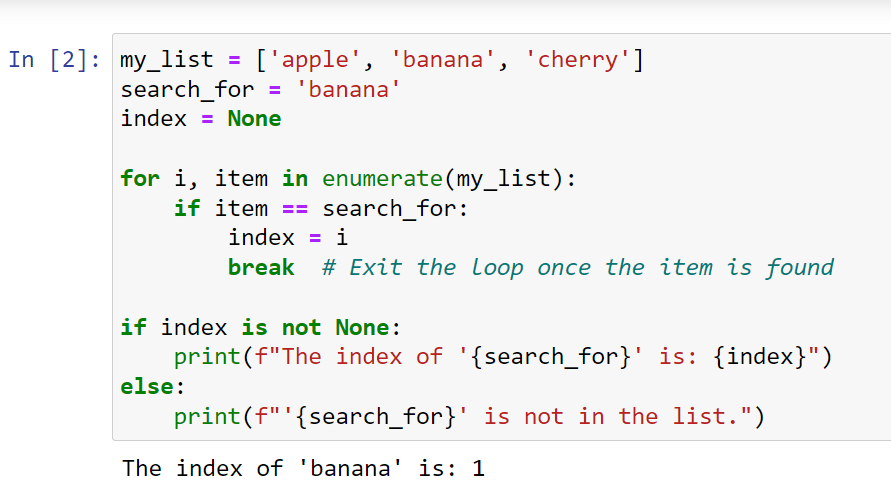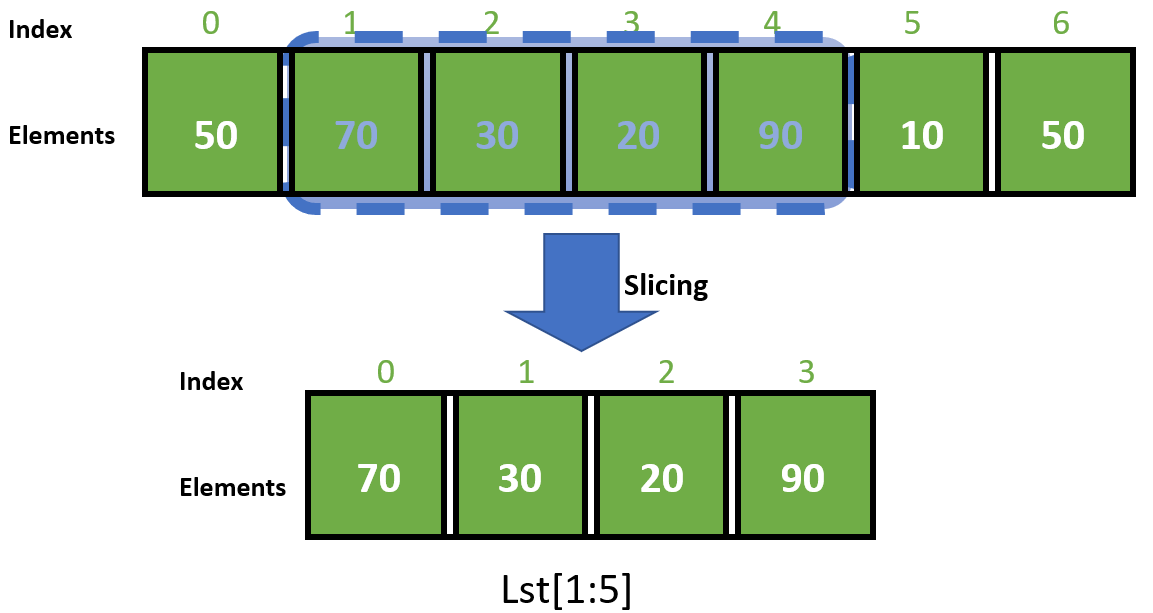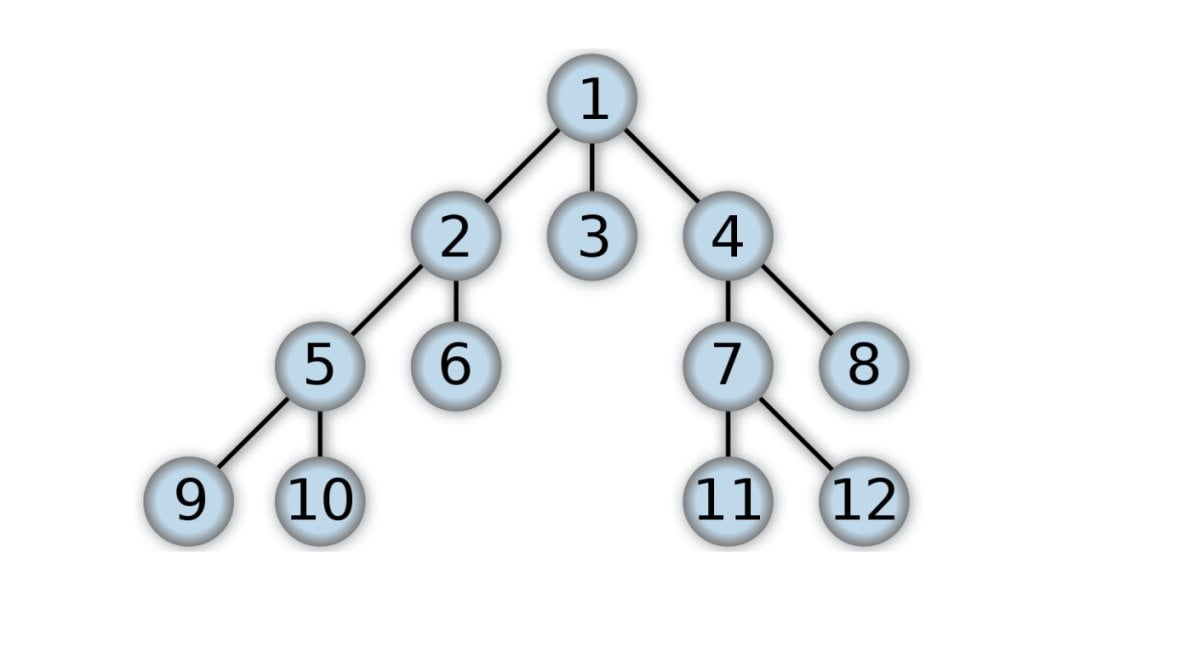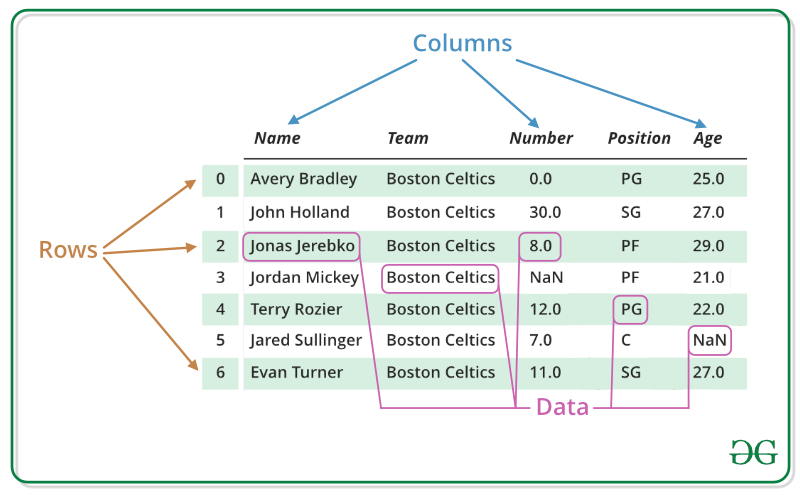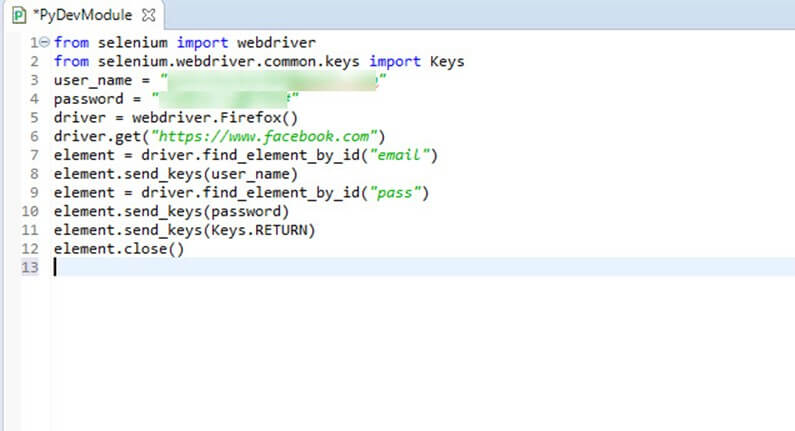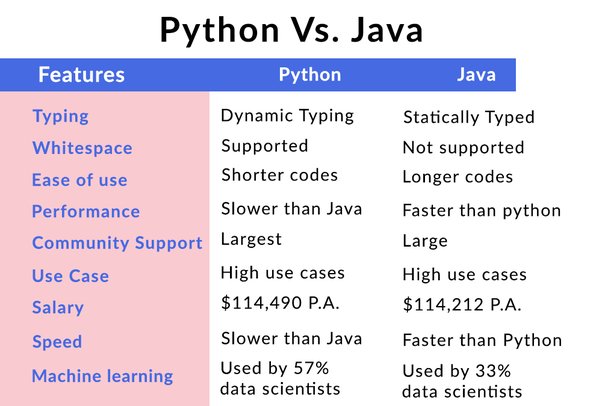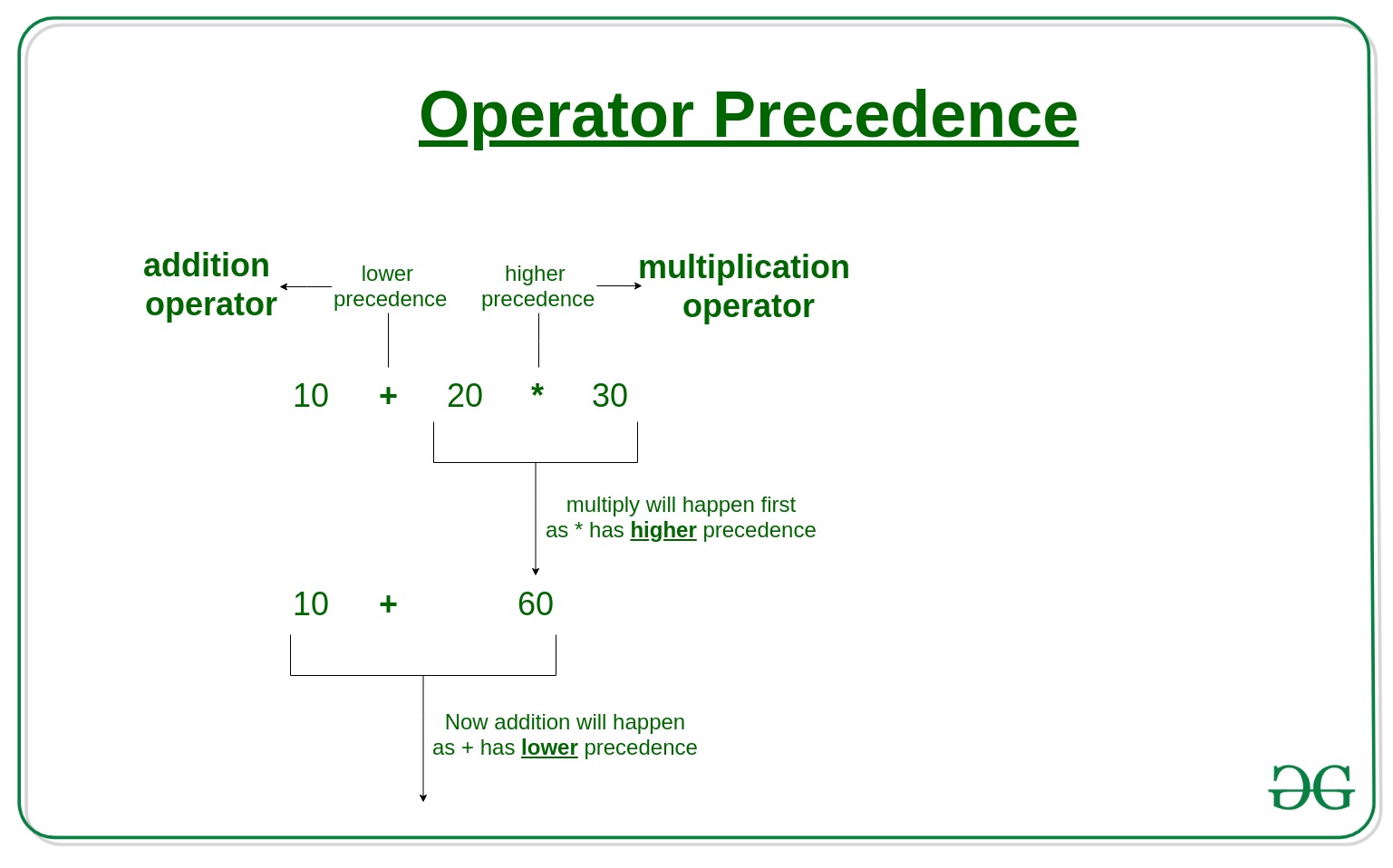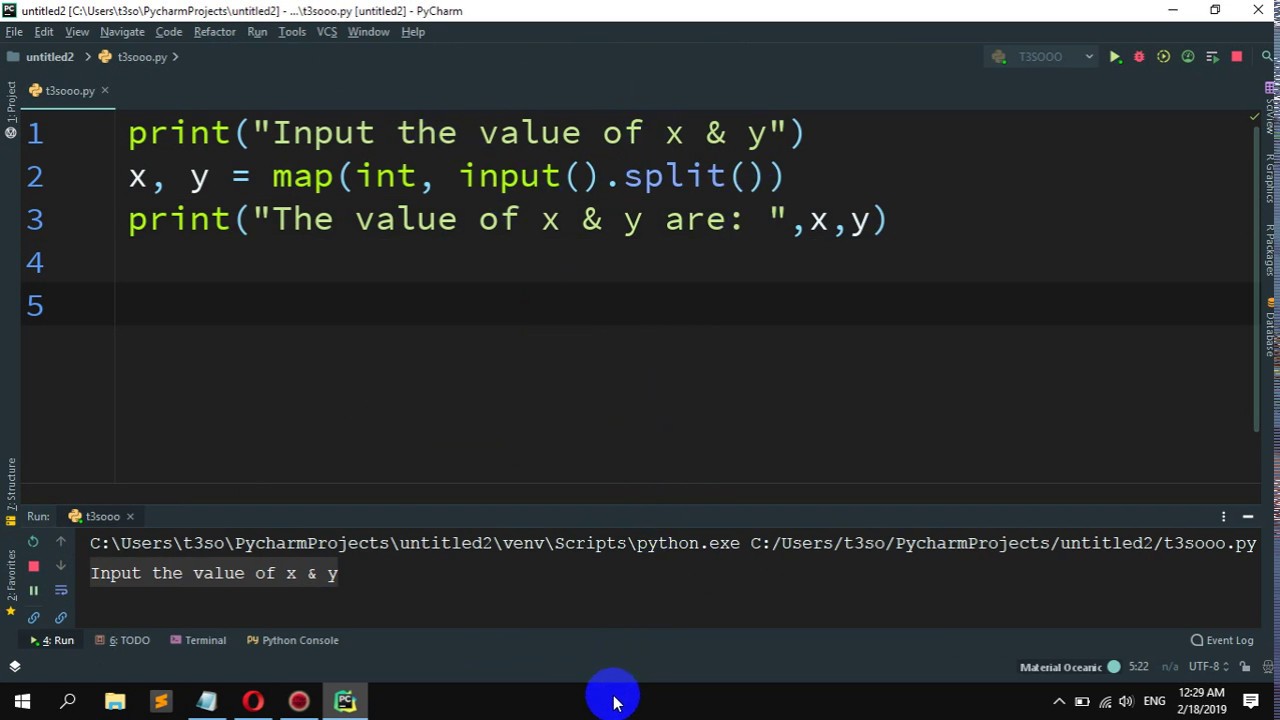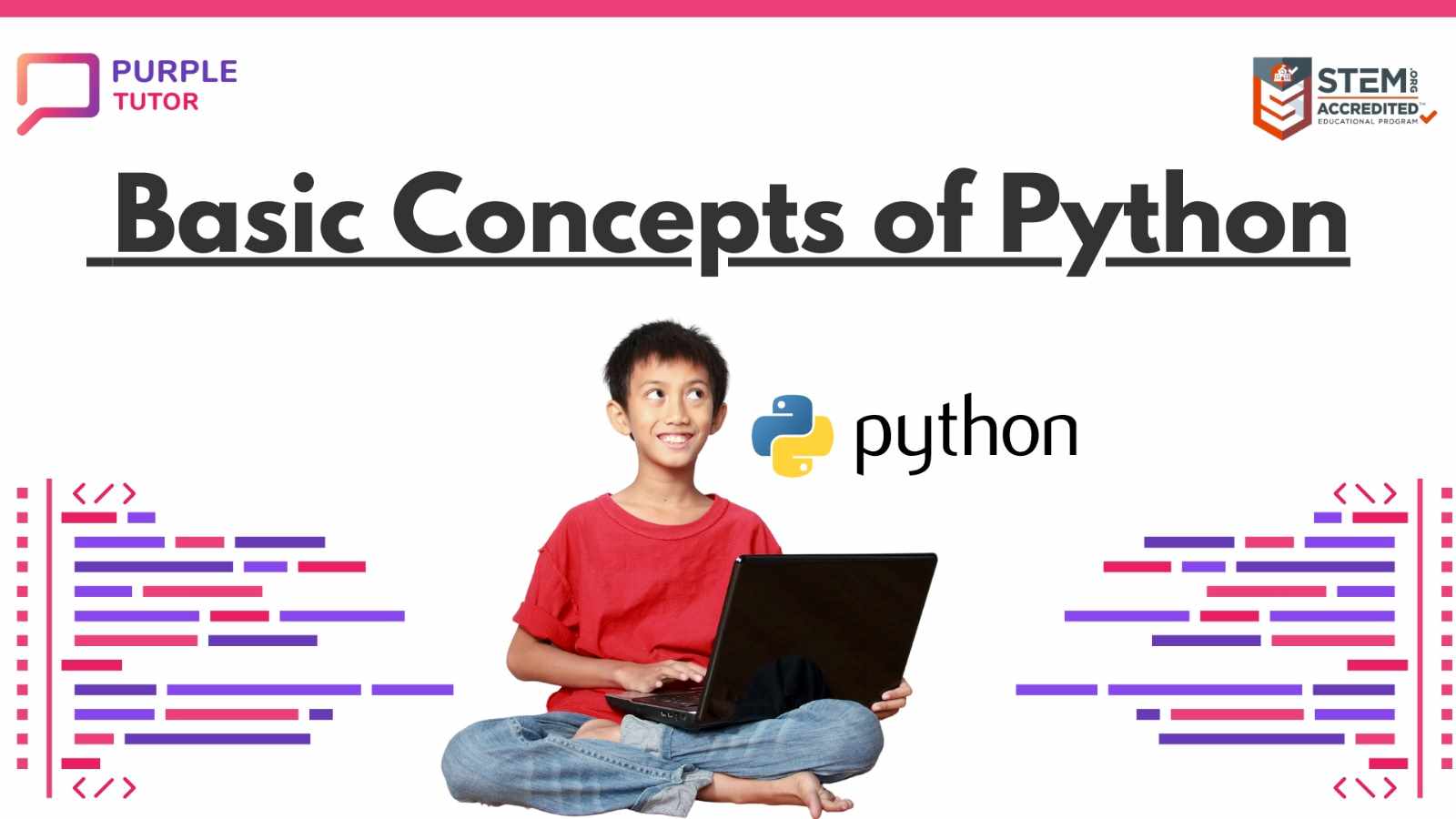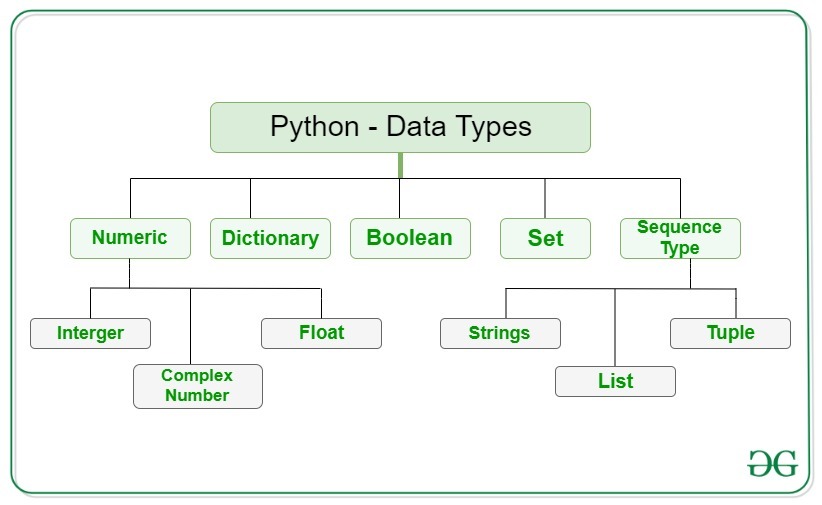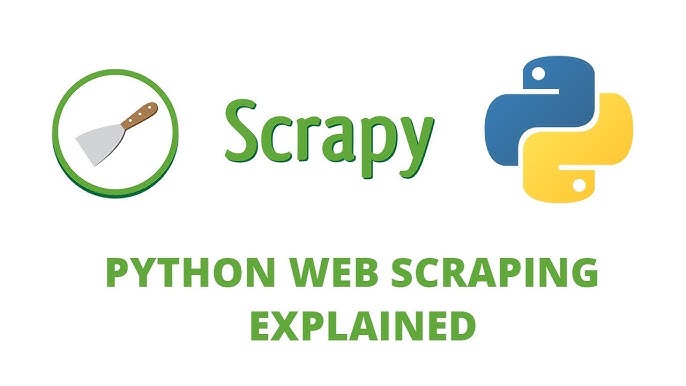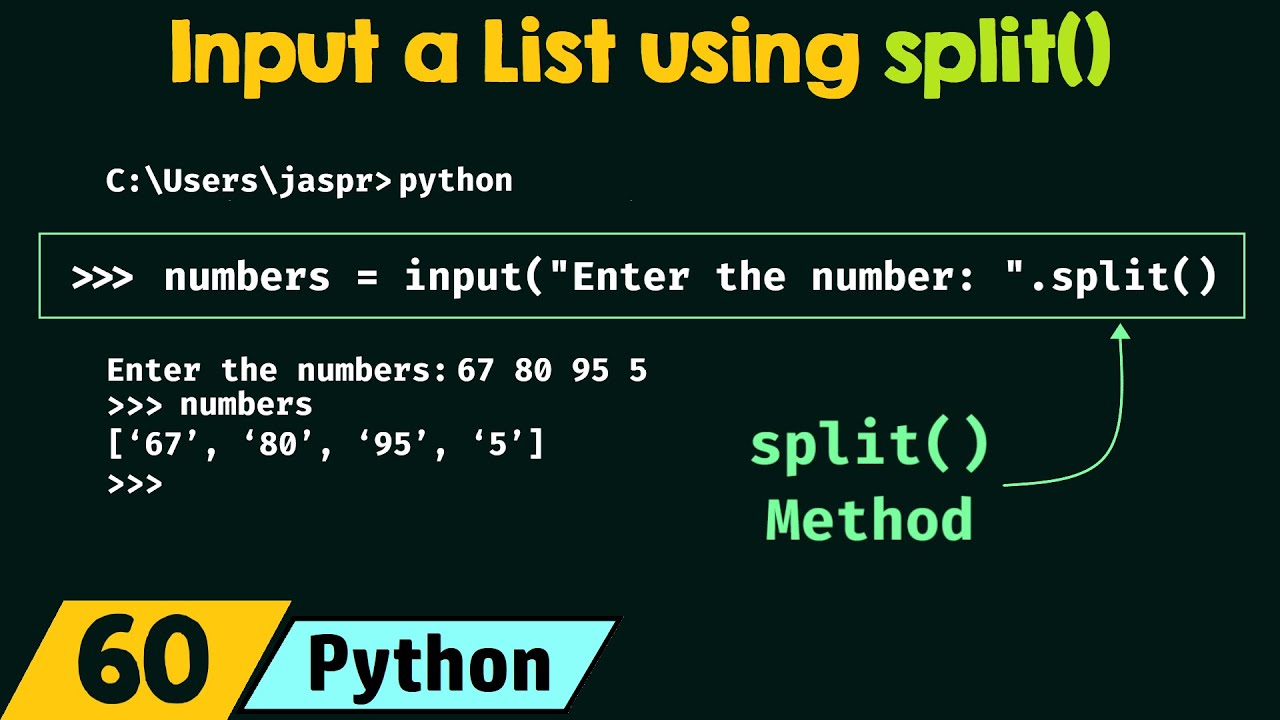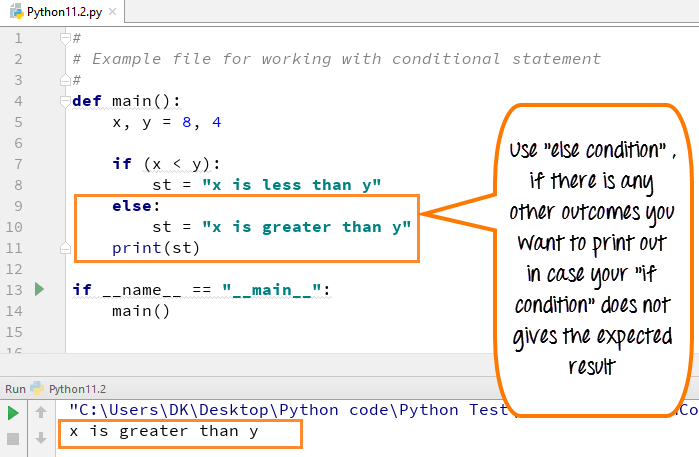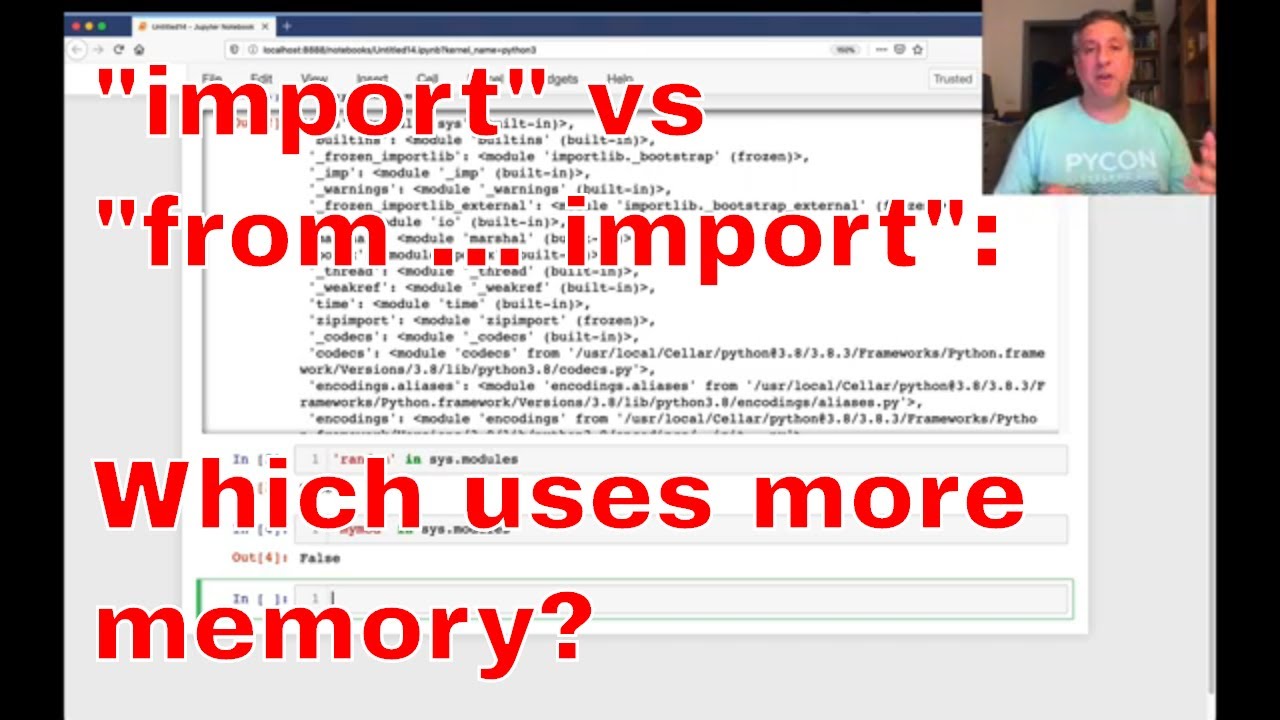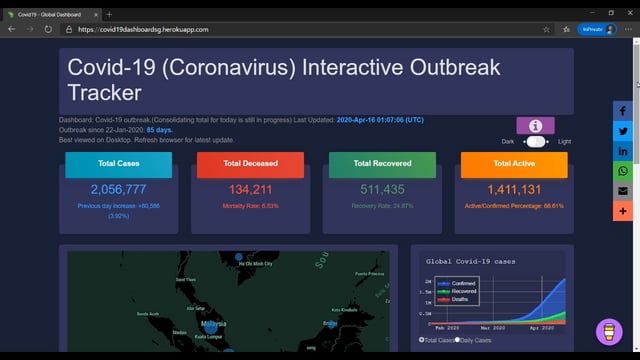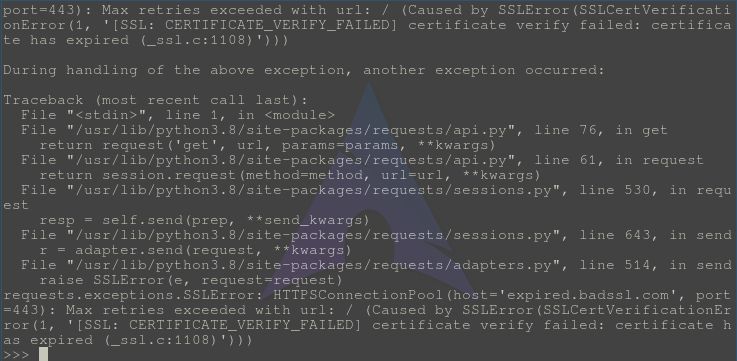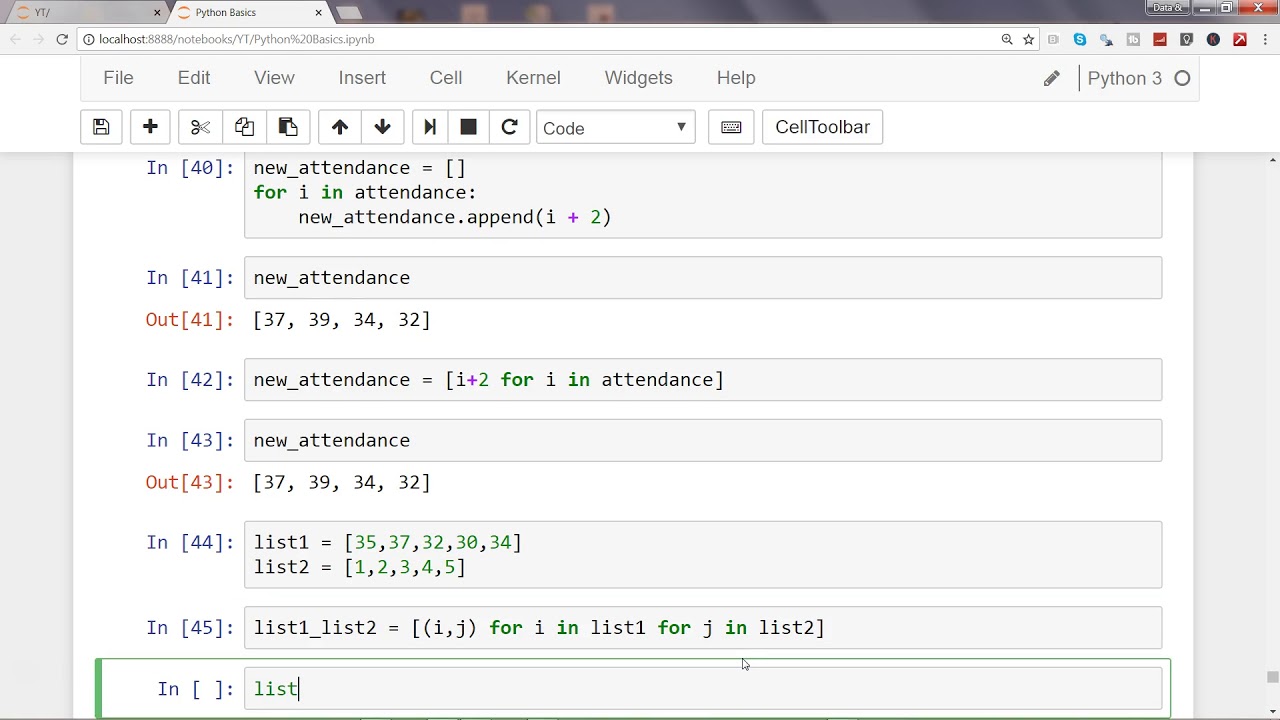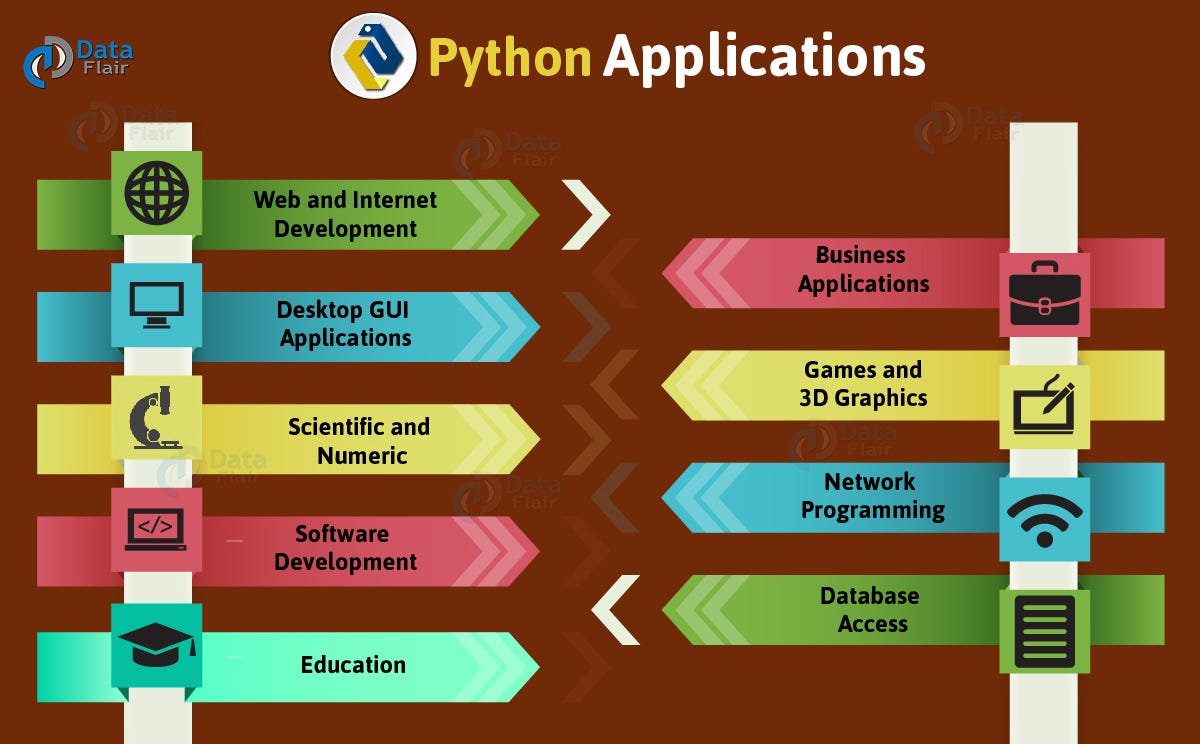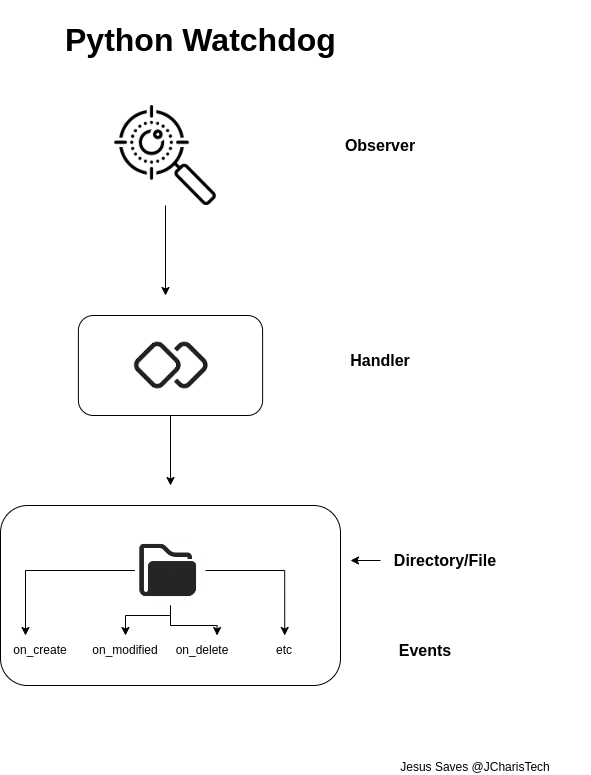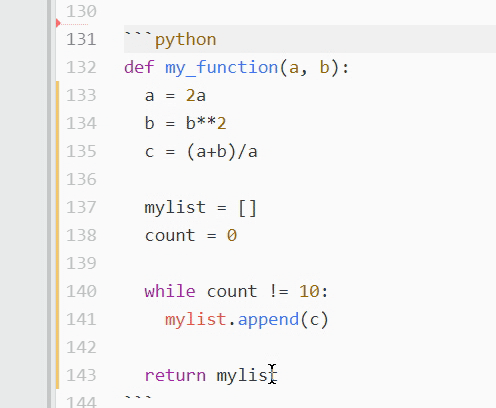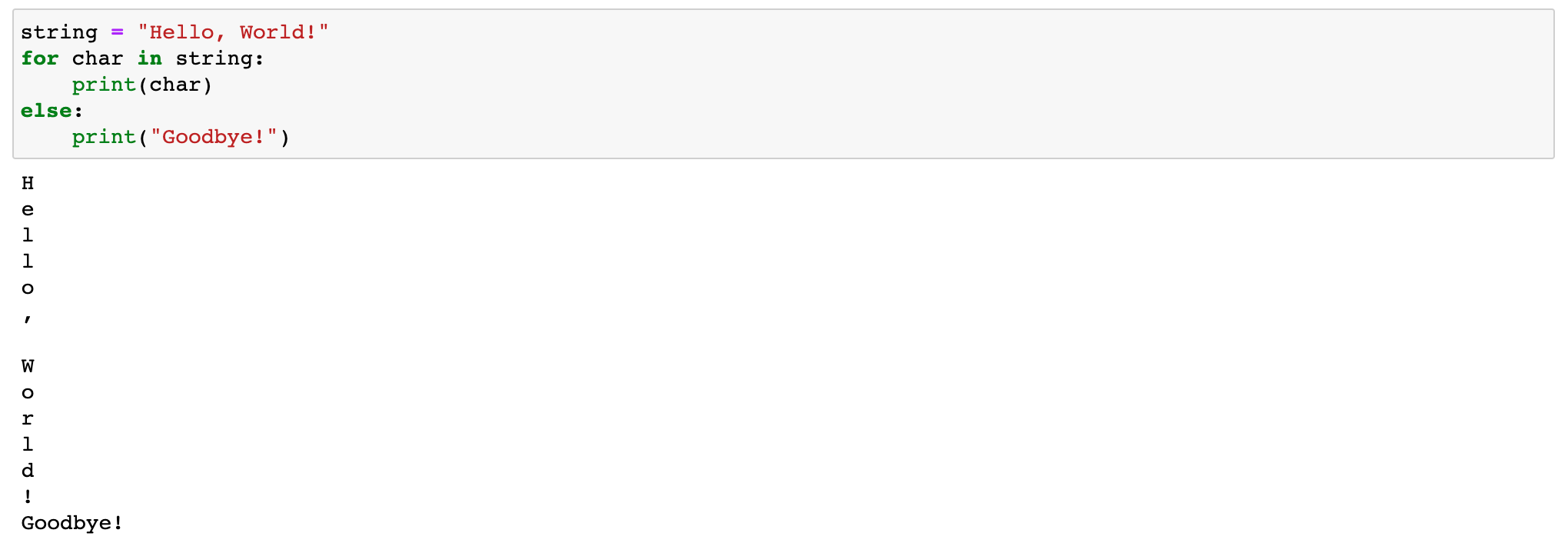What to learn after Python to get a job
What to learn after Python to get a job
After mastering Python, the next steps to increase your chances of landing a job are:
Learn Data Science and Machine Learning: As Python is a popular choice for data science and machine learning tasks, having skills in this area will make you a more attractive candidate. Familiarize yourself with libraries like NumPy, Pandas, scikit-learn, and TensorFlow. Data Visualization: Being able to effectively visualize data is crucial in today's data-driven world. Libraries like Matplotlib, Seaborn, and Plotly will help you create informative and engaging visualizations. Web Development: Knowing how to build web applications can open up a wide range of job opportunities. Familiarize yourself with frameworks like Flask or Django, and learn about databases, templates, and user authentication. Cloud Computing: As more companies move their infrastructure to the cloud, having experience with cloud platforms like AWS, Google Cloud, or Microsoft Azure will be a valuable asset. SQL and Database Administration: Being able to design and manage databases is an essential skill in many industries. Familiarize yourself with SQL, relational databases, and database administration concepts. Linux and Command-Line Tools: Having experience with Linux and command-line tools like Bash, Git, and SSH will make you a more well-rounded candidate and allow you to work effectively in a team environment. Cybersecurity: As data and applications move online, cybersecurity is becoming an increasingly important field. Learning about security principles, encryption, and authentication protocols can help you stay ahead of the curve. DevOps and Automation: With the increasing demand for automation, knowing how to use tools like Docker, Jenkins, and Kubernetes will make you more competitive in the job market. Business Knowledge: Understanding business concepts, such as marketing, finance, and operations, can help you communicate effectively with stakeholders and develop solutions that meet their needs. Soft Skills: Developing strong soft skills like communication, teamwork, and time management can go a long way in making you a more attractive candidate and a valuable team member.In addition to these technical skills, focus on developing your:
Problem-solving skills: Practice breaking down complex problems into manageable parts. Communication skills: Learn how to effectively convey technical information to both technical and non-technical audiences. Time management skills: Prioritize tasks efficiently to meet project deadlines. Teamwork skills: Collaborate with others to achieve shared goals.By focusing on these areas, you'll be well-prepared to tackle a variety of job roles and increase your chances of landing a job in the field.
Can I just learn Python and get a job?

The age-old question! While learning Python can certainly be an excellent foundation for a career in tech, it's essential to understand that the answer is not as straightforward as simply "yes" or "no." Let me elaborate.
Firstly, Python is an incredibly versatile programming language, with applications in data science, machine learning, web development, automation, and more. Having a solid grasp of Python can undoubtedly make you a competitive candidate for many job openings.
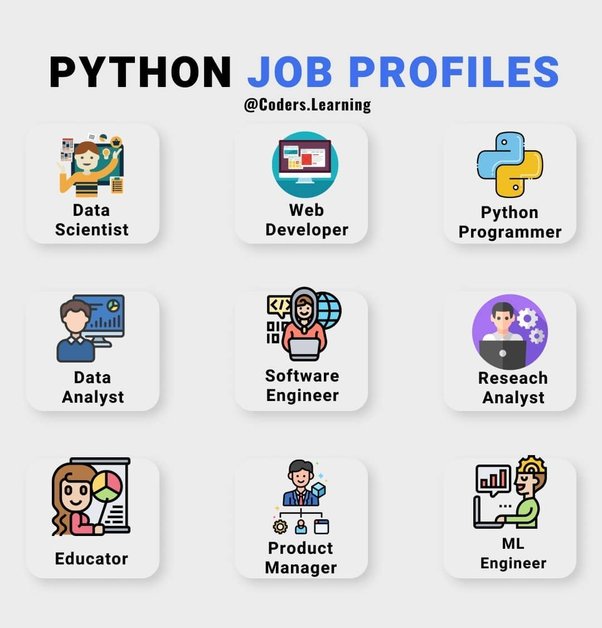
However, it's crucial to recognize that the job market is highly diverse, and different roles require varying skill sets beyond just knowing Python. For instance:
Data Science/Machine Learning: To work in these fields, you'll likely need additional expertise in statistics, mathematics, data visualization tools (e.g., Tableau, Power BI), and possibly other languages like R or Julia. Web Development: In addition to Python, you might need knowledge of front-end frameworks like React, Angular, or Vue.js; back-end frameworks like Flask or Django; and databases like MySQL or PostgreSQL. Automation/DevOps: For roles involving automation, DevOps, or system administration, you may also need proficiency in scripting languages like Bash, PowerShell, or Perl; as well as tools like Docker, Kubernetes, or Jenkins. Research/Scientific Computing: In this field, you might need to expand your knowledge of libraries like NumPy, SciPy, and Pandas; as well as domain-specific skills, such as molecular dynamics, computational fluid dynamics, or climate modeling.To increase your chances of landing a job, consider the following:
Build a portfolio: Showcase your projects on platforms like GitHub or GitLab to demonstrate your problem-solving skills and versatility. Gain practical experience: Participate in hackathons, contribute to open-source projects, or assist with personal projects to hone your skills and learn from others. Stay up-to-date: Continuously educate yourself about the latest developments, best practices, and industry trends to remain competitive. Network: Attend conferences, meetups, or online forums to connect with professionals in the field and learn about job opportunities. Tailor your application materials: Ensure your resume, cover letter, and LinkedIn profile highlight your relevant skills, experience, and achievements.In conclusion, while learning Python can be an excellent foundation for a career in tech, it's essential to recognize that the job market is complex, and different roles require varying skill sets. By building a strong portfolio, gaining practical experience, staying current with industry trends, networking, and tailoring your application materials, you'll significantly increase your chances of landing a job.
(Please note: This response has been written in English only, as per the request.)

